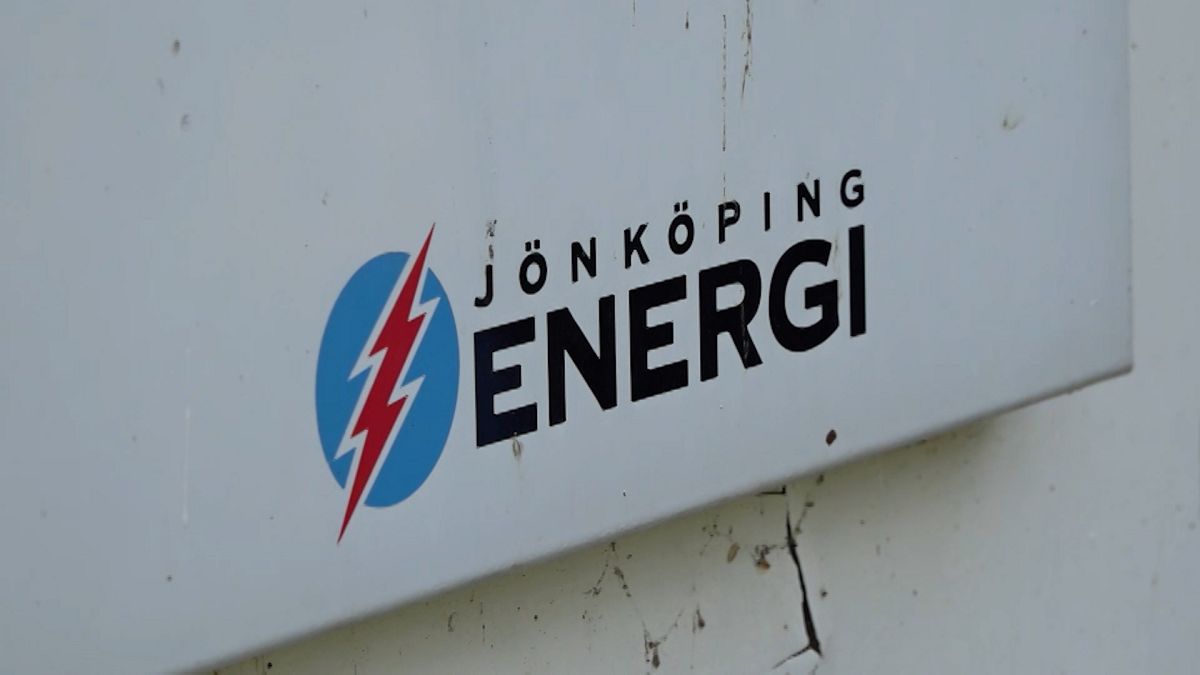Since Russia first invaded Ukraine in 2014, energy companies providing alternatives to fossil fuels have increasingly come under attack.
As the war in Ukraine rages on and Russia pounds Ukraine’s energy facilities, Europe’s renewable energy sector is increasingly vulnerable to hybrid warfare.
The fast-paced growth of renewable energy technology is relatively new, more complex, and more vulnerable. It also directly threatens Russia’s long-term future as Europe’s main energy supplier.
Europe’s effort to diversify its energy mix in response to its sudden break with Russian gas and oil means the Kremlin has “no plan B” for sustaining its lucrative energy sector in the long run, said a senior NATO official who requested anonymity.
“The Green transition means producing our energy at home, it removes the dependence of Europe using Russian oil and gas. It’s not in Russia’s strategic interests,” they said.
“Russia is not interested in Europe becoming energy independent.”
In Jönköping, NATO has set up an exercise training participants to deter, prepare and react to hybrid cyber security threats to renewable energy sources.
Under the Nordic Pine Hybrid Threats to Renewable Energy Systems programme, participants from the public and private sectors, as well as research institutions, are given fictitious scenarios and consider how best to react over three hours.
“Systems are different from fossil energy production because there are several supply chains, for example, and that generates a number of new threat vectors possibilities to do damage to the production or the supply chain,” said Freddy Jonnson Hanberg, the exercise director.
“And that is new knowledge, something that we haven’t had to address before. If you look at renewable energy systems, the supply chains are very complex. You have a huge number of components, you have a huge number of raw material sources, and you also have an integration procedure that is much more complicated.
“So that makes it very much more vulnerable because you have so many different possibilities to manipulate that supply chain. It can be disrupted at so many on so many levels.
Hitting where it hurts
While some of the tools deployed in today’s hybrid warfare are modern advances such as AI, social media bots and hacking, going after the energy sector is nothing new.
Hacking into a country’s energy supply creates stress and worry within a society — and from Russia’s perspective, it is a useful way to erode support for the Ukrainian war effort.
“Attacking critical infrastructure is part of Russian military doctrine from Soviet times,” said the NATO official.
“We see it now in Ukraine with the (attacks on) critical energy infrastructure, not only the grid, but the generating facilities. They understand that’s a way to break the morale of a country, to break the resistance of a country, and that if they break people’s resolve they’ll give up and leave.”
“We can’t be without energy,” says Anders Ahlgren, an independent cyber security expert. “So in that case, you can disturb a society very much by disturbing the electricity.
“And I think if you disturb the society, you will make people scared as well: ‘What is going on? When we get when will we get the electricity back again?’ So I think it’s a very, very good way to create a mess.”

